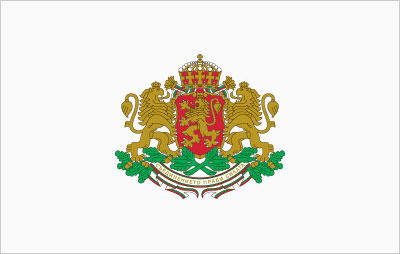Deputy Minister Denitsa Nikolova: We start the Danube Programme with EUR 222 million for development of transnational collaboration
Deputy Minister Denitsa Nikolova: We start the Danube Programme with EUR 222 million for development of trans
By Ministry of Regional Development and Public Works
08 Oct 2015 | 15:51
There was a strong interest to the information meeting on the new Transnational Cooperation Programme “Danube” 2014 – 2020. The event, held in Pleven, has been opened by the Deputy Minister of Regional Development and Public Works Denitsa Nikolova. Over 200 representatives of the business, non-governmental sector, local and national authorities, which are potential beneficiaries under the Programme have attended it.
‘In the jubilee year of the European territorial cooperation all of the 12 international cooperation programmes, in which Bulgaria participates, have been adopted and for most of them are already open for application,’ said Deputy Minister Nikolova. The Danube Programme is one of them – it will support the development of the Danube Region, covering to a great extent the main objectives of the macro-regional Danube Strategy. The Programme is a result of the division of one of the financial instruments in the previous programming period - the South East Europe Programme. ‘A separate instrument in support of the main objectives of the Danube Strategy was created with a view of achieving the goals of the document,’ the Deputy Minister said.
The total financial resource of the Programme is EUR 222 million, allocated to 4 Priority Axes.
‘This is the only instrument for transnational cooperation, that gives a direct support to small and medium-sized enterprises’, emphasized Denitsa Nikolova. The small and medium-sized companies have a significant contribution to the development of the Danube Region, therefore we are going to encourage the entrepreneurship and the development of innovations in order to increase the competitive power of the Danube countries,’ added she.
The Danube Programme will support the preservation of natural and cultural heritage and will enable better use of the Danube resources. ‘We hope to attain better indicators of the environment by switching to low-carbon economy,’ said the Deputy Minister.
One of the major priorities, under which projects will be cofinanced, is the improvement of the connection between the Danube countries.
‘There is a great number of opportunities, we rely on your creativity and activity in order to produce the best project ideas which we will fund,’ said Denitsa Nikolova. She explained that each project must have minimum three partners from the countries participating in the Programme. The application is implemented in two stages – the application in the first stage is on a conceptual level. ‘This gives you the opportunity to focus more on what you want to achieve. If you pass the first stage, you can apply with a full project proposal’, declared Deputy Minister Nikolova.
‘Following Germany most enquiries related to the Programme have been received namely from Bulgaria, indicating the high interest and the significance of the instrument for the country,’ explained Marius Valentine Niculae, a representative of the Joint Secretariat for the Danube Programme.
The scope of the new Danube Programme includes the territory of 14 countries. Nine of them are European Union members – Austria, Bulgaria, the Czech Republic, Germany (federal states of Bavaria and Baden-Württemberg), Croatia, Hungary, Romania, Slovenia and Slovakia. The four remaining countries are Bosnia and Herzegovina, Serbia, Moldova, Montenegro and 4 districts of the territory of Ukraine.




